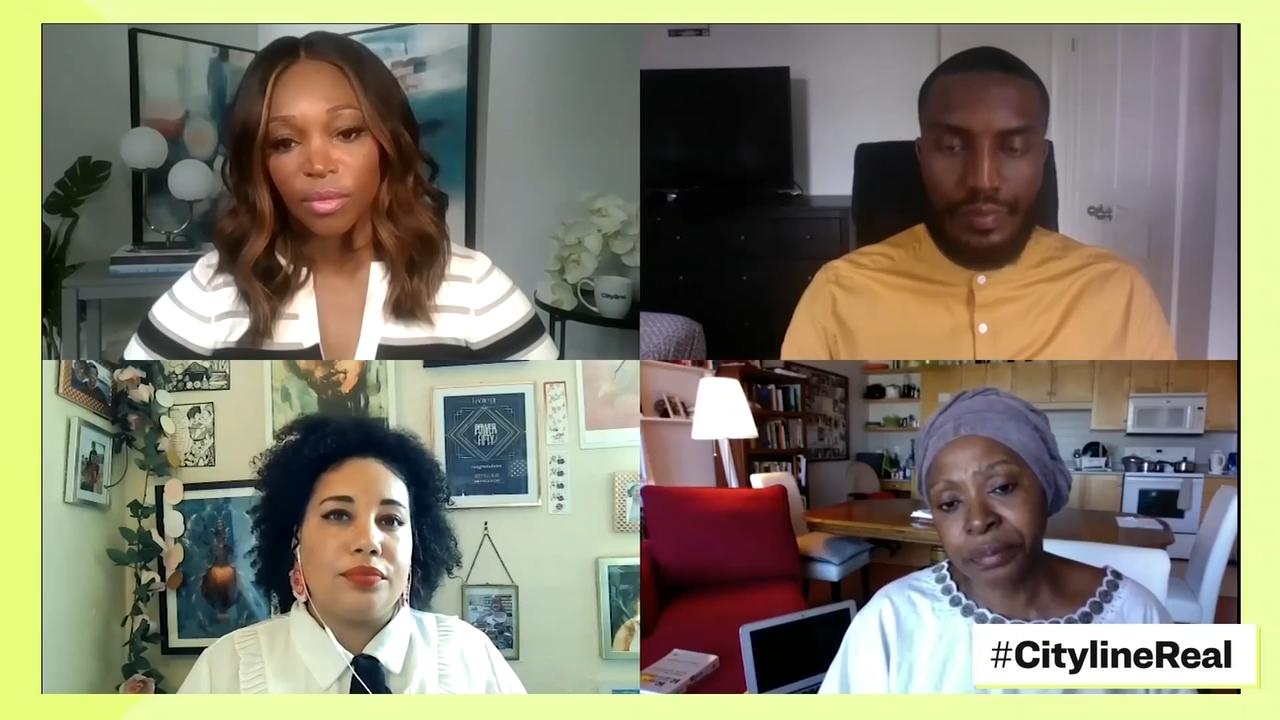History isn’t just about what happened in the past, it’s also about how it affects the present and our future. Karlyn Percil deep dives into the conversation of post traumatic generational trauma.
Just like war, physical and emotional abuse, racism can cause: PTSD and racial trauma. Racial trauma is unique in that it involves ongoing individual and collective injuries due to exposure and pre-exposure to race-based stress and includes:
- Microaggression
- Threats of harm and injury
- Humiliating and shaming events
- Witnessing racial discrimination towards the Black community and other POC
A growing clinical and empirical literature attests that People of Color and Indigenous individuals’ (POCI) experiences with racism, discrimination, and microaggressions affect their mental and physical health.
The Black community are exposed more to racial discrimination than are other ethnic groups. Many Indigenous people, Latinx, and Asian Americans significantly suffer from race-based stress as well. The intersectional oppression that the Black community experiences include: racial, gender, sexual orientation, xenophobic and microaggressions all contribute to the cumulative effects of racial trauma.
Racism and ethnoviolence can be life threatening. Cumulative racial trauma can leave scars for those who are dehumanized.
This trauma is also affected by structural racism, rooted from slavery.
Structural racism in deeply rooted in the fundamental structures of our society – systems of labour, housing, education, voting, healthcare and our justice system. The structural racism they uphold can be defined as the “overarching system of racial bias across institutions and society. These systems give privileges to White people resulting in disadvantages to people of color.”1 Understanding how racism is built into various social structures and quantifying its long-term effects is fundamental to the anti-racist work of dismantling these barriers.
- Focus on the Black community specifically because slavery caused the butterfly effect that impacts Black community till this day.
- Which can be seen in the media, the government, in our school systems, in our medical system, at our jobs, etc.
How Black people can live healthfully while facing racism:
- Talk about racist experiences with others
- Fostering a strong sense of racial identity
- Lean on friends and family



